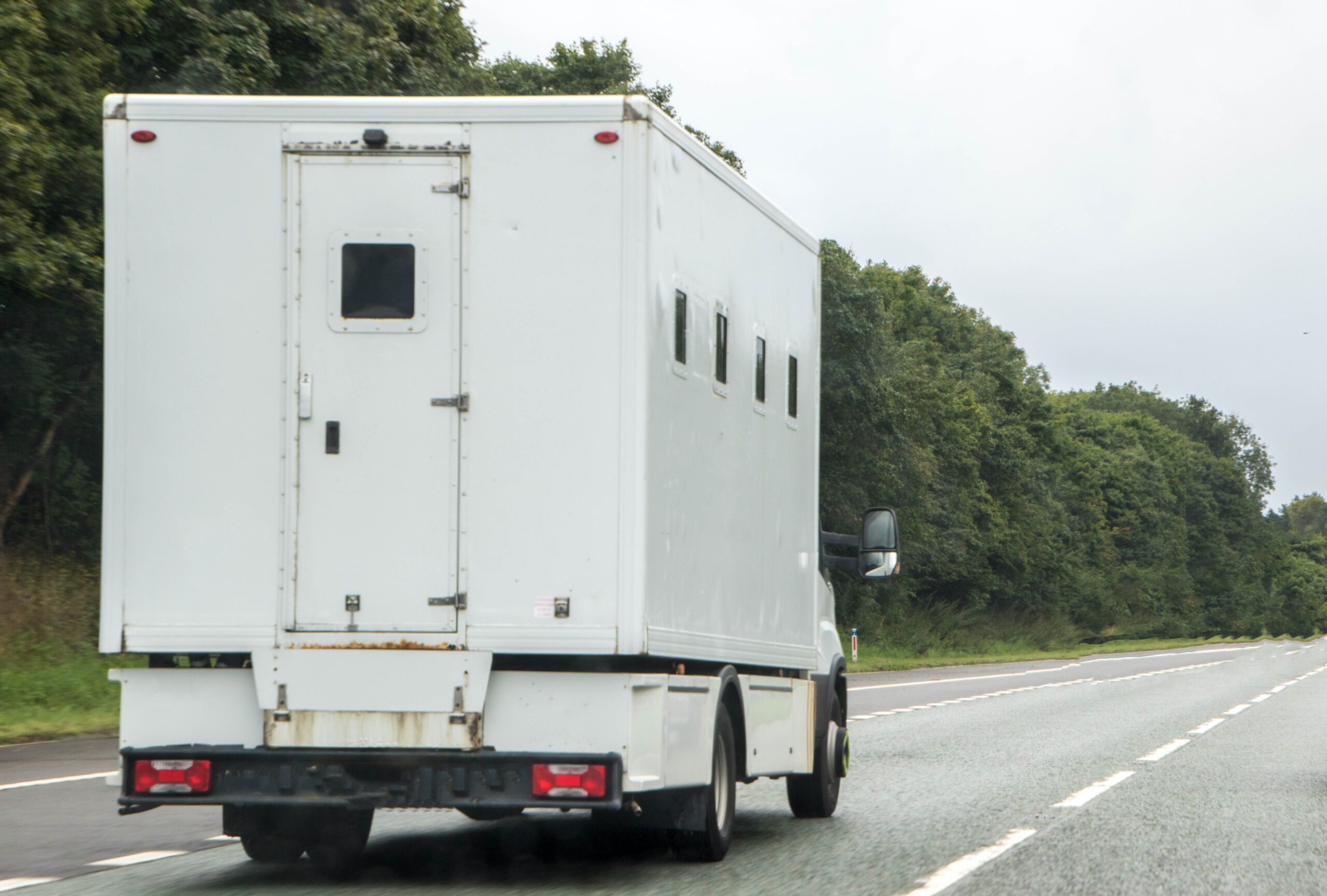
UK prisons are now so overcrowded that 400 prisoners are to be put in police station cells, it was reported recently. Leeds prison, for example, currently holds 1,095 people; it is supposed to hold 641.
The overcrowding speaks to the fact that over the past few decades, the number of people locked up by the British state has risen dramatically – even as crime has fallen. Former home secretary Priti Patel’s endless promises to crack down on crime (echoed by her shadow Yvette Cooper) belies data that shows crime plummeting. The England and Wales Crime Survey – which measures incidents of crime experienced by people, not just crime reported to police – showed that in 2021-22 there were just 4m crimes committed, compared to over 11m in 1981, a decrease of 63%.
Yet over that same period, the number of people in prison skyrocketed by 83% from 43,300 to 79,400. Of every 100,000 people in England and Wales, 159 are currently in prison.
Nor can the problem be attributed to population growth, which was only 20% during that period. Indexing crime, incarceration and population figures alongside one another makes this disconnect starkly visible.
Still, 159 per 100,000 may seem relatively few compared to the United States, which locks up four times as many: 639 people per 100,000. But in Europe, the UK stands out as one of the harshest besides Russia.
As in the US, Britain’s incarceration crisis has a clear racial element. Even though Black people make up only 3% of people in England and Wales, 13% of prisoners are Black; BAME people make up 27% of prisoners but only 18% of the population.
The dramatic growth in the prison population has three clear causes: moral panics driven by media outrage; the Labour party’s full embrace of a tough-on-crime stance; and the ongoing war on drugs.
The 1980s and 1990s saw the British media become increasingly hysterical about crime. Studies of newspapers conducted at the time suggest that in 1989, over 30% of news coverage in The Sun (Britain’s largest tabloid paper, with 3.6m readers at the time) was about crime, while the overall average was 13% – up from just 4% in previous decades.
The media’s favourite thing to panic about were illegal raves, contributing to the Conservatives’ decision in 1994 to pass the Criminal Justice and Public Order Act, which expanded police powers to remove people attending or organising raves.
The 1990s broadly saw a tough-on-crime approach from the Conservatives, and the prison population grew substantially – a trend we can view as deliberate, given home secretary Michael Howard’s claim that prison worked in reducing crime.
Yet it wasn’t just the Conservatives who embraced such rhetoric. Much like their counterparts in the US Democratic party, Tony Blair embraced a carceral approach in the 1990s. When Blair was shadow home secretary, Labour abstained on the Criminal Justice and Public Order Act and pledged to “get tough” on crime.
Blair’s Labour followed through on this commitment when they came to power in 1997: between that year and when Labour lost in 2010, the party introduced almost 4,289 new criminal offences. Meanwhile the prison population rose by 23,600, an increase of 39%.
Labour’s embrace of a conservative approach to crime has meant that Britain has largely had the same crime policy since Margaret Thatcher became Prime minister in 1979, resulting in a dramatic rise in prisoners. One of the policies that has remained identical throughout that time is that concerning drugs. Despite countries like Portugal and even some US states liberalising their legal regimes, the UK remains intensely conservative on the subject.
The consequence is that 10,775 Brits are locked up for drug offences – more than for any other offence except violence and sexual offences. Again, the racialised effects are stark: in 2021-22, 33.5% of those arrested for drugs were BAME, despite being only 17% of the population.
Pushed by politicians trying to look tough, upheld by an eternal war on drugs that other countries have begun to leave behind, Britain has expanded its prison industrial complex to unseen heights. In 2021-22, the UK increased its prison spending to £5bn – more than any other European country except Russia. While Britain’s crisis of mass incarceration may be marginally less severe than the USA’s, it’s a crisis nevertheless.
Ell Folan is the founder of Stats for Lefties.


